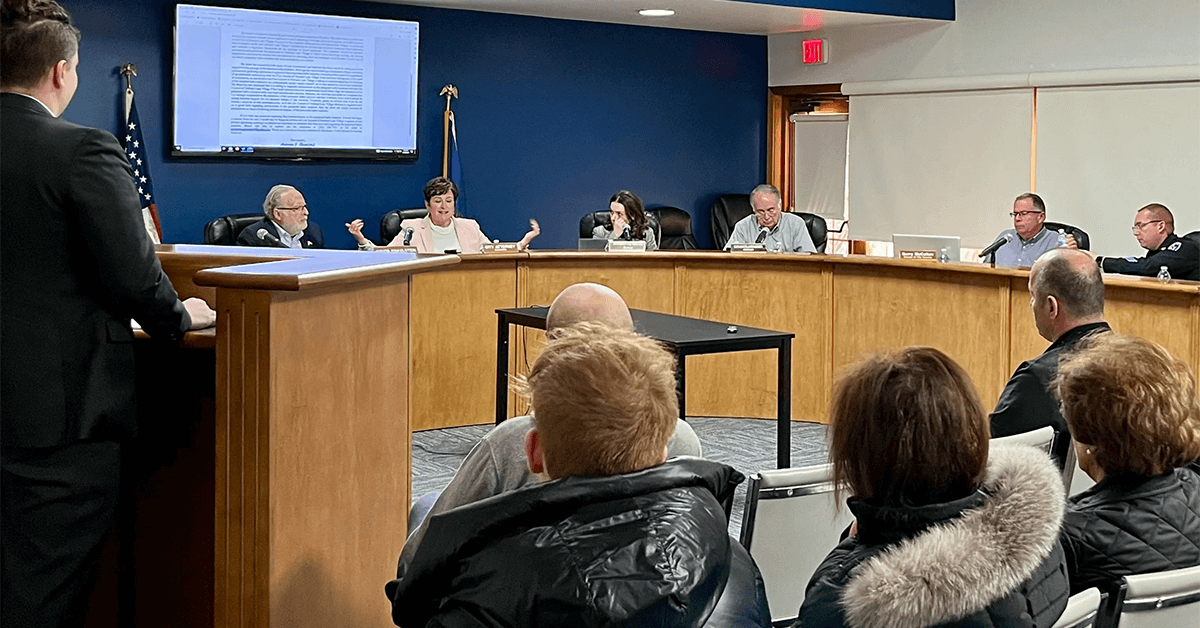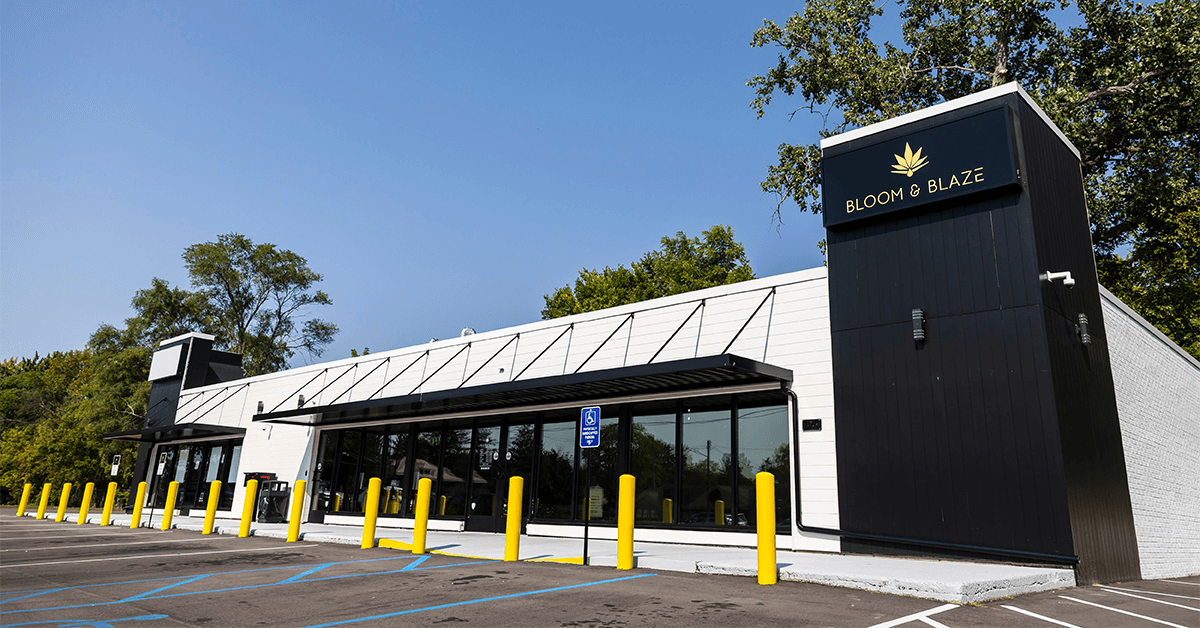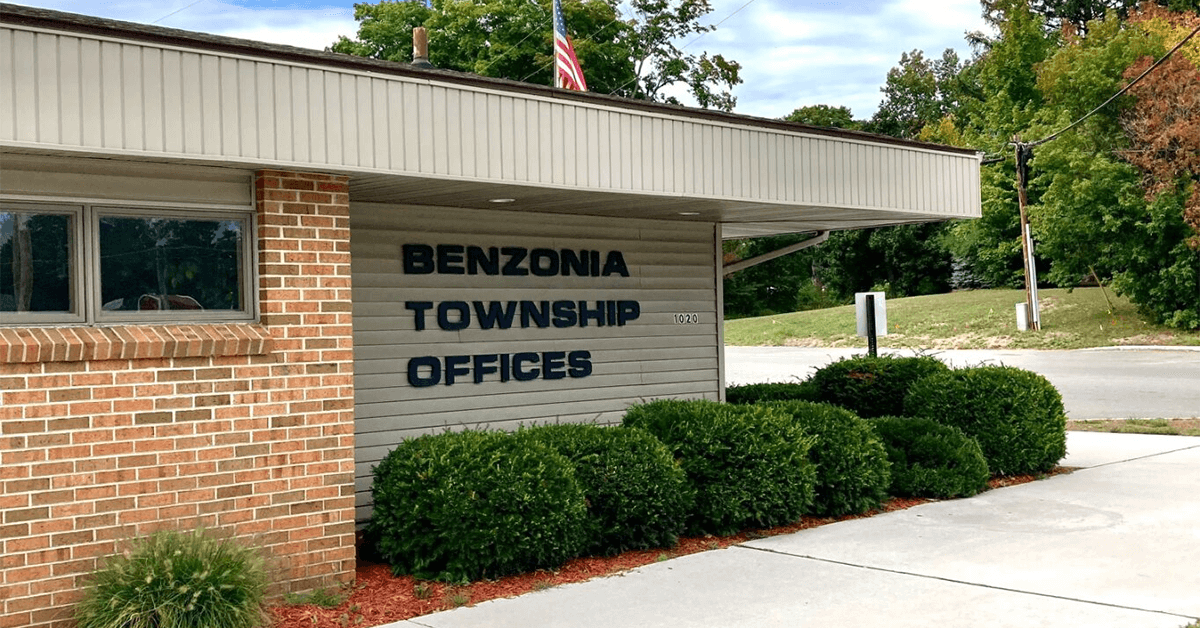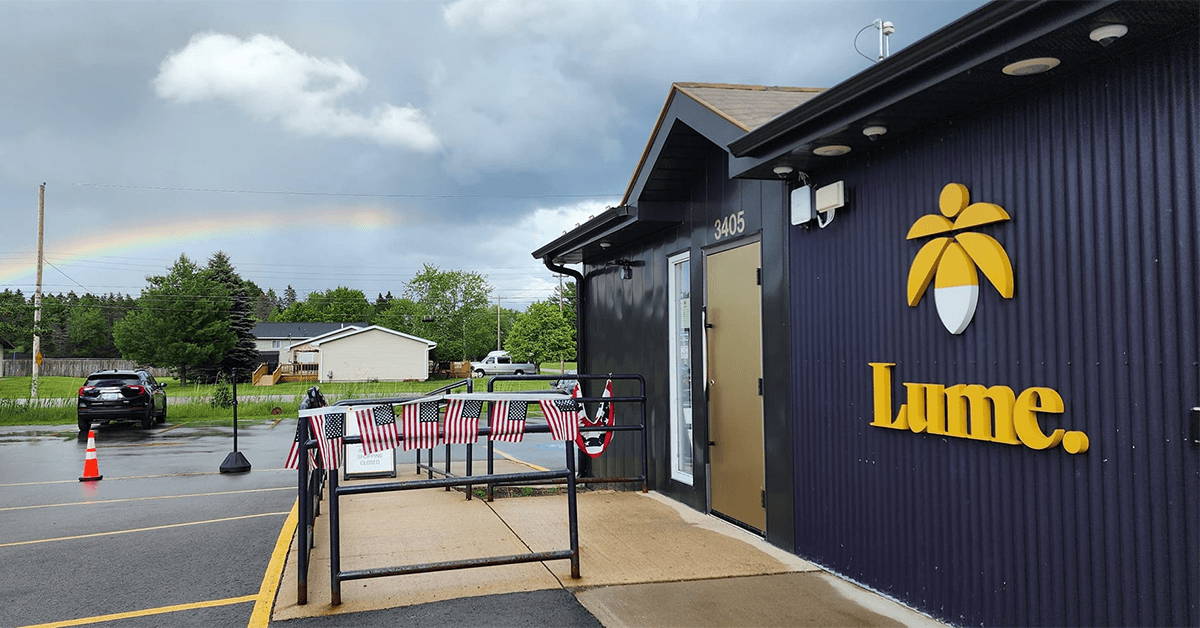Community Concerns Lead to Withdrawal of Cannabis Retail Proposal in Orchard Lake

Orchard Lake Village, a quaint and serene community in Oakland County, Michigan, found itself at the crossroads of a significant and potentially transformative decision. The issue at hand was a proposed ordinance to permit a cannabis retail operation within its boundaries, a move mirroring challenges faced by other small communities in the county. This development was brought into the spotlight during a special meeting convened on a Wednesday evening, attended by over 40 residents, signaling a high level of public interest and concern.
Meeting Dynamics and Public Engagement
The meeting was notable not just for its attendance but also for the decorum and civility with which discussions were conducted, a point of pride mentioned by Mayor Norm Finkelstein. He remarked on the unprecedented turnout and the respectful manner in which residents participated in the democratic process. The assembly was presented with a detailed explanation of the proposed ordinance by Mary M. Kucharek, the city's attorney, who laid out Orchard Lake Village's possible courses of action. These included adopting the ordinance as presented, amending it, drafting an alternative ordinance for voter consideration, or allowing a petition drive to proceed. A critical legal boundary was underscored: city officials could not use municipal funds to campaign either for or against the proposal.
Stakeholder Perspectives
Representing the Belleville-based Blue Sky Cannabis Co., attorney Anderson Grandstaff articulated the stance of his client, Sam Pernick, the business owner aiming to establish the cannabis shop. The city council engaged in a rigorous inquiry, delving into the specifics of the business plan, including staffing, location, and the degree of influence Pernick would exert over the ordinance. Grandstaff's responses highlighted the potential for amending the ordinance, though he emphasized the indispensability of certain elements, such as the scoring system for permit issuance.
The discussion also ventured into the realm of broader implications, reflecting on the experiences of Rochester, Birmingham, and Keego Harbor — three other Oakland County cities that had recently rejected similar proposals. This historical context set the stage for a vibrant public comment period, where concerns about traffic, boating safety, and cannabis access were voiced, alongside a unifying theme of protecting children from increased drug exposure.
Community Reactions and Concerns
Residents took the opportunity to express a spectrum of opinions and anxieties. Joyce Herman questioned the tangible benefits to the city and its inhabitants, leading to a debate on the fiscal returns to the community versus the gains accruing to the business owner. Suzanne Bell and Carolyn Pender highlighted the need for vigilance and proactive community organizing to counteract any future ballot proposals. The discussion touched upon the motivations of a Belleville-based business owner eyeing Orchard Lake Village for cannabis sales, sparking debate over the necessity and desirability of such an enterprise in a community prized for its recreational ambiance.
Turning Point and Withdrawal
A pivotal moment arrived the morning after the meeting when Grandstaff communicated his client's decision to retract the ordinance change proposal, halt the petition drive, and abandon the pursuit of a retail location in Orchard Lake Village. This announcement marked a significant turning point, reflecting perhaps the efficacy of community engagement and the persuasive power of public opinion.
Wider Context and Future Directions
The Orchard Lake Village episode is emblematic of a broader narrative unfolding across Michigan, as communities grapple with the opportunities and challenges posed by cannabis legalization. The episode sheds light on the intricacies of local governance, the power of public discourse, and the balancing act between business interests and community values.
Broader Implications and Legal Nuances
The Orchard Lake Village scenario underscores a growing trend across Michigan and the United States: the complex navigation required by municipalities in addressing cannabis legislation. This incident provides a case study in the nuances of local governance, especially regarding issues that elicit strong public sentiment and legal intricacies. The discussions highlighted the delicate balance between respecting the autonomy of business ventures and safeguarding community standards and well-being.
Legal Framework and Municipal Autonomy
One of the critical aspects of this situation was the legal framework within which municipalities operate. The options laid out by the city attorney presented a spectrum of responses, each with its legal and social implications. This scenario underscored the autonomy municipalities have in crafting local ordinances that reflect the community's values while adhering to state laws. The prohibition against using city funds for campaigning on such issues further emphasizes the legal boundaries within which civic discourse occurs.
Community Engagement and Democratic Processes
The active participation of Orchard Lake Village residents in the public meeting and the subsequent discussions exemplified the essence of community engagement in democratic processes. The ability of citizens to voice concerns, ask questions, and directly engage with proposals affecting their community is a cornerstone of local governance. This event highlighted the importance of transparent, open forums that allow for a wide range of voices to be heard and considered.
Economic Considerations and Community Benefits
The debate over the proposed cannabis retail operation brought to the fore questions about economic benefits, tax revenue, and the distribution of financial gains. While the potential for increased tax revenue was noted, residents and officials critically assessed who the primary beneficiaries of such an operation would be. This evaluation reflects broader considerations in cannabis legislation debates nationwide, where economic incentives are weighed against social and safety concerns.
The Power of Public Sentiment
The withdrawal of the cannabis retail proposal in the wake of public opposition illustrates the significant impact of community sentiment on policy decisions. The concerns raised by residents about traffic, safety, and youth access to cannabis played a crucial role in shaping the outcome. This instance demonstrates how public opinion can influence business decisions and legislative outcomes, emphasizing the power of collective community action.
Looking Forward: Lessons Learned and Future Challenges
The Orchard Lake Village experience offers several lessons for other municipalities facing similar proposals. It highlights the importance of informed public discourse, the need for comprehensive understanding of legal and economic implications, and the value of community consensus-building. As cannabis legislation continues to evolve, the experiences of communities like Orchard Lake Village will undoubtedly inform future debates and policy decisions.
This case also points to the ongoing challenges as more communities navigate the complexities of integrating cannabis businesses into their local economies and social fabrics. The balance between fostering economic development, ensuring public safety, and maintaining community character will remain central to these discussions.
Conclusion
The Orchard Lake Village cannabis ordinance proposal and its subsequent withdrawal represent a microcosm of the broader dialogues happening across communities in Michigan and beyond. Through this detailed examination, it becomes evident that the intersections of law, community engagement, economic considerations, and public sentiment are complex and multifaceted. The proactive and engaged response of the Orchard Lake Village community serves as a powerful example of how civic participation and dialogue can shape the fabric of local governance and community life.
Share this article:
Spotted a typo, grammatical error, or a factual inaccuracy? Let us know - we're committed to correcting errors swiftly and accurately!








 Helpful Links
Helpful Links